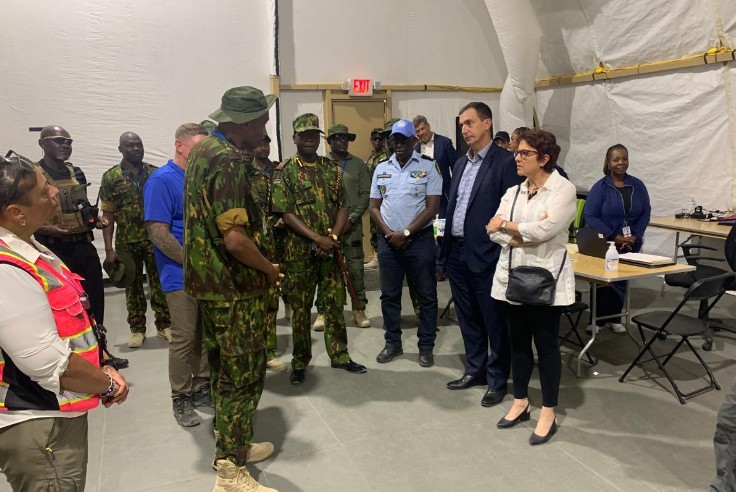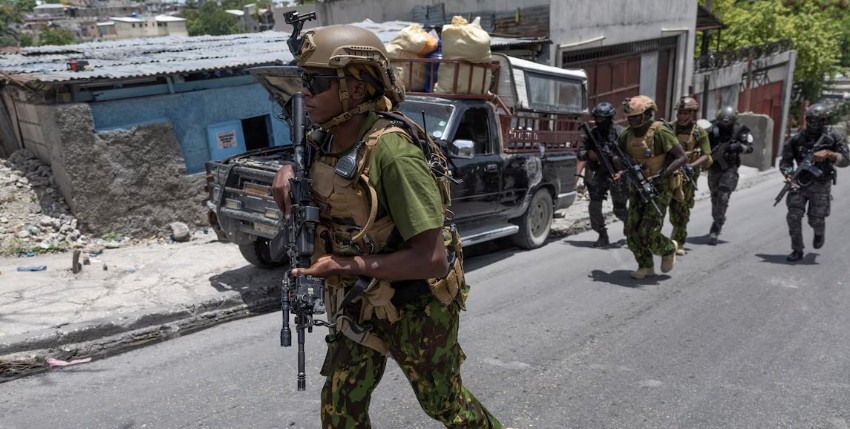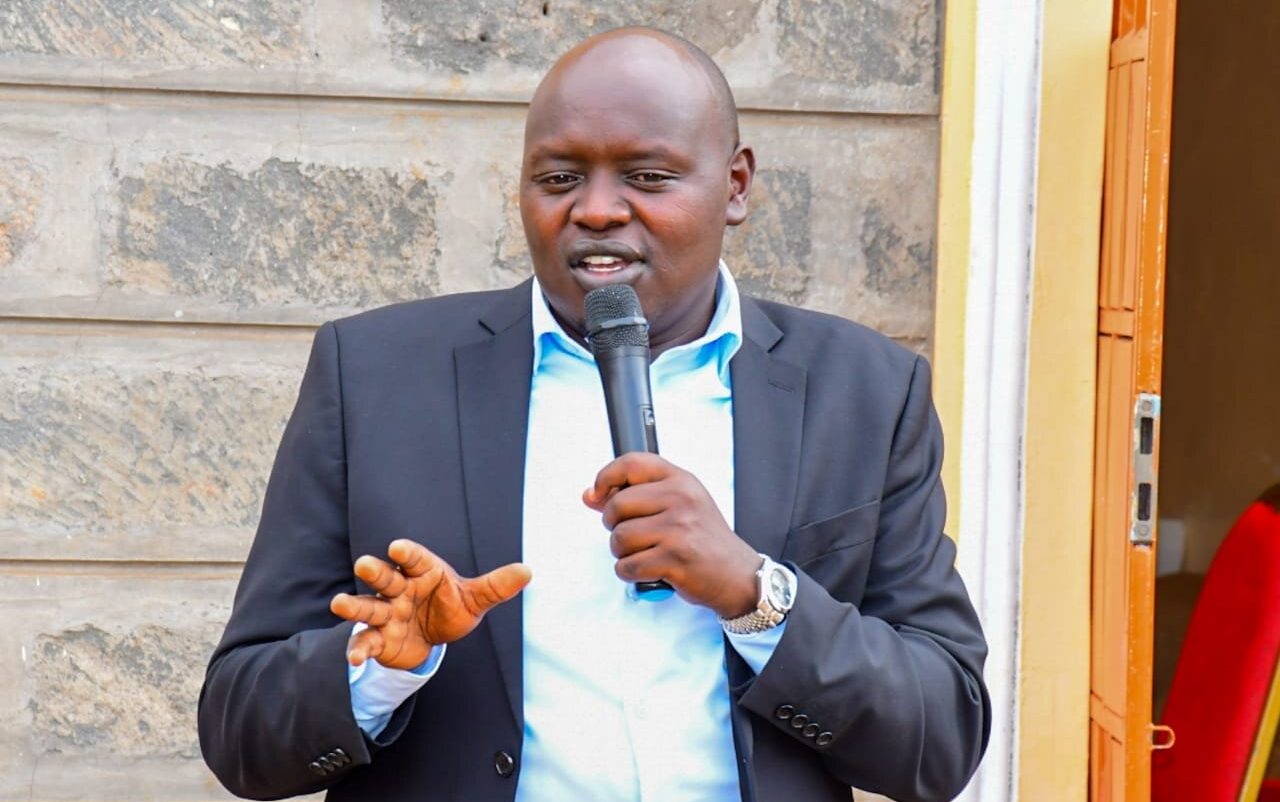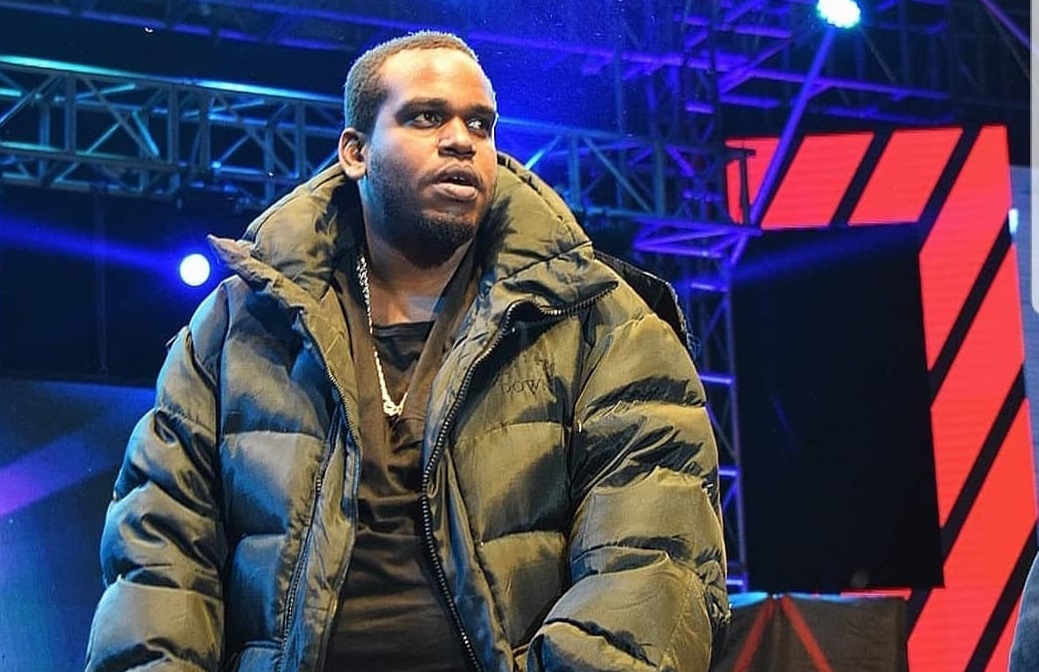After almost a year of waiting and dealing with various hurdles, the first contingent of Kenyan Police officers touched down at Haiti’s capital Port-au-Prince ready to begin an almost impossible mission of restoring peace in the Caribbean nation.
The first tranche of security officers disembarked from a plane with wéápons in their hands on June 26, 2024, with a small crowd of mostly airport personnel greeting them on the tarmac.
Though the mission seemed almost unfeasible due to the dreaded nature of the gang led by Jimmy Chérizier aka Barbecue, there are signs that the Kenyan officers under the Multinational Security Support Mission in Haiti (MSS) will succeed.
Here are some signs that Kenyan Police Officers would succeed in Haiti;
Recaptured facilities
One of the significant achievements of the Kenyan police officer since landing in Haiti is the recapturing of key facilities which were under total control of the gangs.
On July 19, 2024, the law enforcement officers collaborated with their Haitian counterparts to recapture Port-au-Prince port after a fierce gun battle with gang members who had occupied the strategic seaport since March 6, 2024.
During the operation, the officers also reclaimed control of criticäl infrastructure, including a public hospital previously dominated by gangs.


“The team will continue conducting its operations in Haiti after reclaiming the public hospital that was in the control of the gangs,” Mission Commander, Godfrey Otunge stated.
“The MSS takes cognizance of this bold and decisive move by the Haitian Government to combat árméd gangs and eventually eradicate viólencé that has crippled the State.”
The officers also liberated Ganthier Town from gangs.
This operation followed Haitian Prime Minister Garry Conille’s declaration of a 30-day státe of security emergency on July 17, 2024, affecting 14 cities across the nation.
Gang leader calls for dialogue
Immediately after the Kenyan officers landed in the Caribbean nation, the gang leader Barbecue climbed down the high horse and called for dialogue.
While it was not clearly established whether Barbecue was tricking the Prime Minister, but he seemed to embrace dialogue to restore peace.
“We need dialogue today, Prime Minister. Prove to the world that you can make history as someone who did not contribute to the destruction of the country by distributing guns in poor neighbourhoods but who now pacifies the country,” Barbecue stated then.
“You can be the one to bring peace, retrieve the guns, organise elections, and set the country on the right path,” he added.


Support from other nations
Kenyan security officers have received backing from other nations in their mission to steer Haiti out of a security crisis that has been intensifying since the president, Jovenel Moïse, was ássássinated in 2021.
US President Joe Biden was among the first leaders to laud them after landing in Haiti.
“I commend — and am deeply grateful to — all the countries that have pledged personnel and financial support to this mission,” Biden stated noting that the US has pledged Ksh46 billion ($360m) in support.
Biden added that the eventual 2,500-strong force would also count on personnel and financial support from Benin, Jamaica, the Bahamas, Belize, Barbados, Antigua and Barbuda, Bangladesh, Algeria, Canada, France, Germany, Trinidad and Tobago, Turkey, the UK and Spain.

Adopting of less combative strategy
There have been no casualties reported involving the Kenyan police officers since their arrival in Haiti.
Only one police officer sustained gunshot wounds during an encounter with the gangs who were waylaid robbing a track that was loaded with bags of rice.
The success has so far been attributed to the use of a less combative strategy in restoring peace in Haiti. The police have kept off from open confrontations with the gangs giving them mileage in their mission.
“At last, the multinational force is here to support our national police,” Haitian Prime Minister Garry Conille said at a press conference, saying work to retake the country would begin slowly, without major fíghts unless necessary.
Security Counsel Advisor Monica Juma also made it clear that the Kenyan mission in Haiti was primarily to protect civilians, opening up routes for movement of péople, goods and humanitarian aid, and protecting state institutions.
Recently they were recorded singing and praying ahead of their mission showing their determination to restore peace and return home safely.
Previous attempts
Haiti has seen three major peacekeeping missions in the last 30 years, which have all failed to prevent the crisis from getting worse.
In 1994, some 25,000 militáry personnel from Caribbean nations were sent under a UN-mandated operation.
10 years later, 9,000 UN péacekéepers led by Brazil and known as Minustah were sent.
All the peacekeeping missions have not been successful.
However, Kenyan police officers are keen to explore the success of past missions, improve on areas where they failed and devise tactical improvement mechanisms.
So far, one of the tactics in the familiarization approach. The Kenyan officers have engaged with different heads of mission and embraced their counterparts from Haiti.
The Haitian forces have been able to give criticál information to the Kenyan sécurity fórces which so far has even enabled them to recapture some of the facilities which were under the total control of the gangs.










